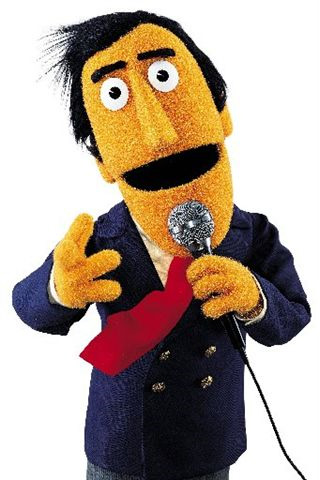- RadioActive
- Moderator
 Offline
Offline
CBC Sued Over Use Of YouTube Clip
The issue seems to be that a specific clip was used on its website, and not just on air.
CBC sued for using YouTube video without permission
I have long wondered about this growing trend. Stations now regularly employ YouTube video as part of their de facto news coverage, apparently without needing anyone's go ahead. I was never sure why that was allowed. This guy's suit is about YouTube paying for page views and how many he may have lost by the CBC's (and CNN's) actions. There's fair use, of course. But why is YouTube video seemingly open to all comers without anyone saying, "wait a second - that's mine!"
While I'm guessing that most uploaders will bask in their 15 secs. of fame and not worry about this, is simply giving video credit in a key enough to justify essentially stealing someone else's work?
- Peter the K
- Member
 Offline
Offline 
Re: CBC Sued Over Use Of YouTube Clip
I really hope this lawsuit winds up going all the way and winning.
There has always been a sort of gentleman's agreement between broadcasters that they could occasionally "borrow" short clips from each other. This has worked well over the years, especially in sports coverage. But if someone had posted a CNN or CBC produced video to youtube, how long would it take for the takedown notice to happen?
There is a difference between fair use and just plain laziness when it comes to news gathering. Youtube is being used more and more as source material. Linking to the video on your website is one thing, but I wonder if airing it on broadcast (or cable) television is taking things a bit too far.
Maybe this will also put a stop to certain talk radio hosts playing youtube videos on their RADIO show. If someone has to expalin to me what I'm hearing, it doesn't belong on the radio.
Last edited by Peter the K (August 18, 2015 9:20 pm)
- Mike Cleaver
- Member
 Offline
Offline
Re: CBC Sued Over Use Of YouTube Clip
It's just another example of corpse cheapdom.
It's free, let's steal it.
Most of the YouTube and other social media stuff they "steal" to run on-air is a couple of days old by the time they use it anyway.
Radio and TV "news" no longer is relevant to anyone under the age of 60.
They've already seen, heard or read it elsewhere on their "smart" phones or tablets.
 1 of 1
1 of 1